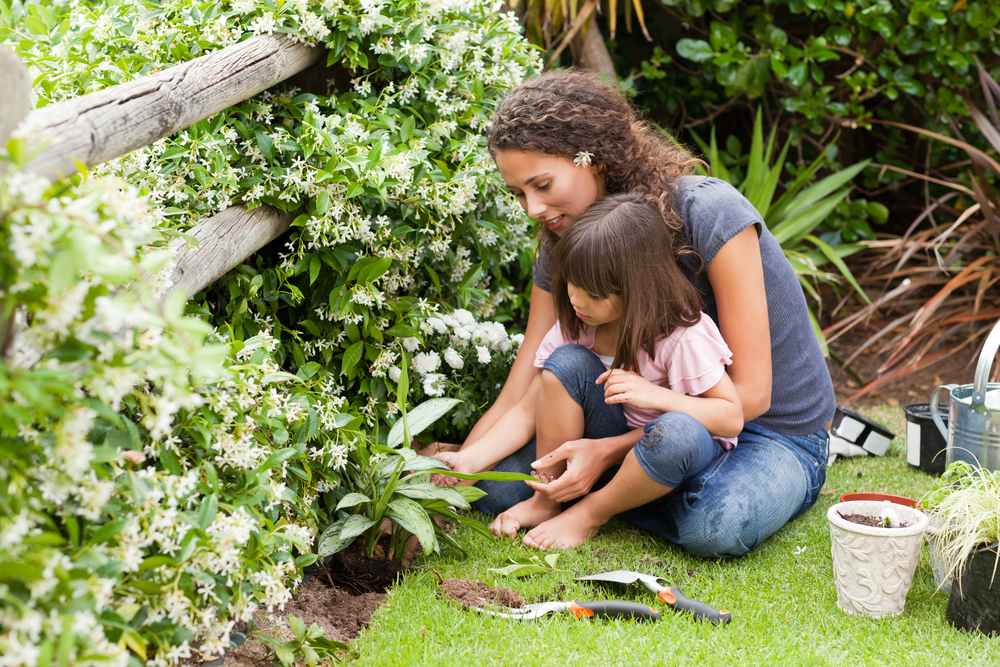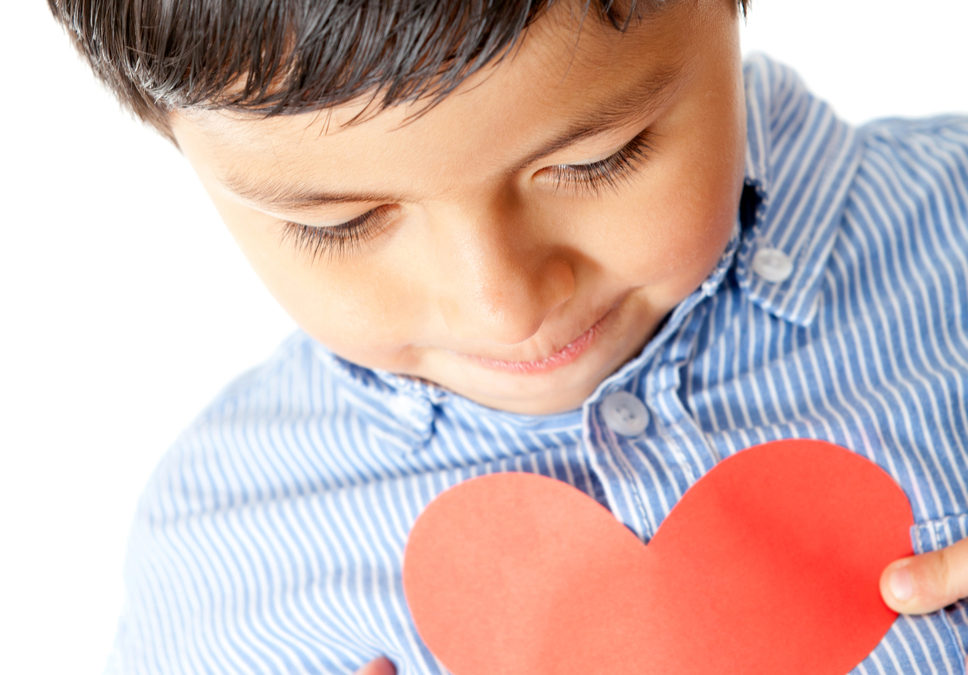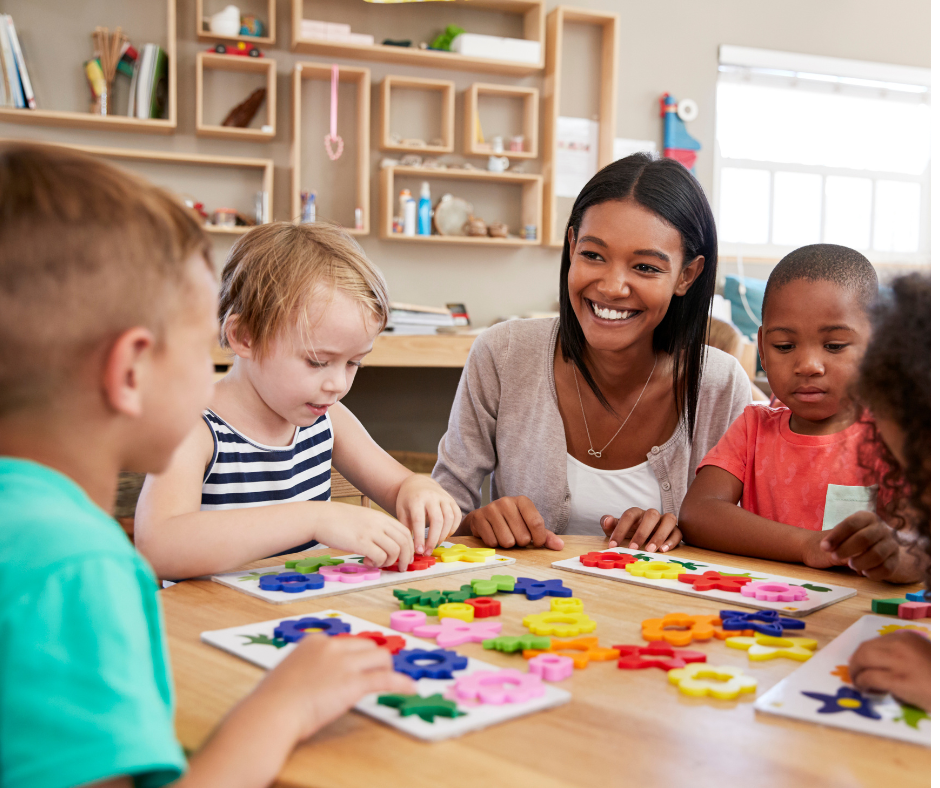
How to Apply Montessori Principles During COVID-19
Montessori is an innovative, child-centered approach to education, developed a century ago by Dr. Maria Montessori. With many families home together during the COVID-19 pandemic, families can incorporate some of the guiding principles of the Montessori philosophy to further enhance children’s learning without adding instructional time. The Montessori philosophy of learning practical life skills is one way families can teach children about caring for themselves and their home environment through simple, helpful tasks.
These practical life skills help younger children foster independence, develop concentration, and prepare for reading and math. For older children, these practical life skills can easily be integrated into daily activities such as cooking, gardening, and household chores.
Children often benefit from repetition because it provides the practice they need to master new skills. In addition, repetition can help strengthen neural connections. When children learn how to do something well, their confidence and social-emotional growth are also positively impacted. Children can complete the following practical life skills as often as desired:
IN THE KITCHEN
- Spread butter or other spreads on breads/crackers.
- Wash fruits and vegetables.
- Peel and cut bananas.
- Squeeze oranges to make orange juice.
- Wash dishes.
- Pour water.
- Help with baking by gathering, measuring, mixing, and/or pouring ingredients.
AROUND THE HOME
- Dust furniture.
- Sweep or mop floors
- Clean windows.
- Clean counters.
- Sort and fold laundry, including matching socks.
- Help make breakfast, lunch, and/or dinner.
- Empty trash cans throughout home.
- Sort recycling.
- Feed pets.
- Help shop for groceries and other items at the supermarket (when possible) or online.
IN THE YARD/GARDEN
- Plant seeds.
- Weed using a small trowel or by hand.
- Dig holes for plants.
- Rake grass clippings and/or leaves.
- Water plants (both inside and outside).
SELF-CARE
- Wash.
- Blow nose with a tissue.
- Brush hair
- Brush teeth.
- Scrub nails.
- Wash hair.
- Get dressed and undressed.
- Use bathroom without help.
THE MANY BENEFITS OF PRACTICING LIFE SKILLS IN THE HOME INCLUDE:
- Children learn responsibility in the home.
- Collaboration on activities creates connections between family members.
- Children repeat the skills in order to gain mastery, and repetition helps to build concentration.
- Children learn to do household chores.
- Activities that involve a lot of movement help children refine their fine motor and gross motor skills. These skills include pouring water without spilling it, and using a dustpan and brush.
- Children listen and speak to adults and have and may learn new vocabulary.
- Children gain independence, confidence, and feelings of self-reliance.
- Activities inspire curiosity and experimentation.
- Some activities involve sequencing. Parents and caregivers may choose to build the number of steps in the activities as each child’s concentration grows.
- Children usually have fun while carrying out these practical life activities.
References: https://www.instituteforchildsuccess.org





